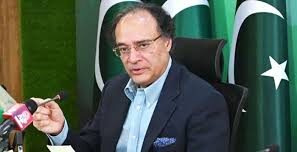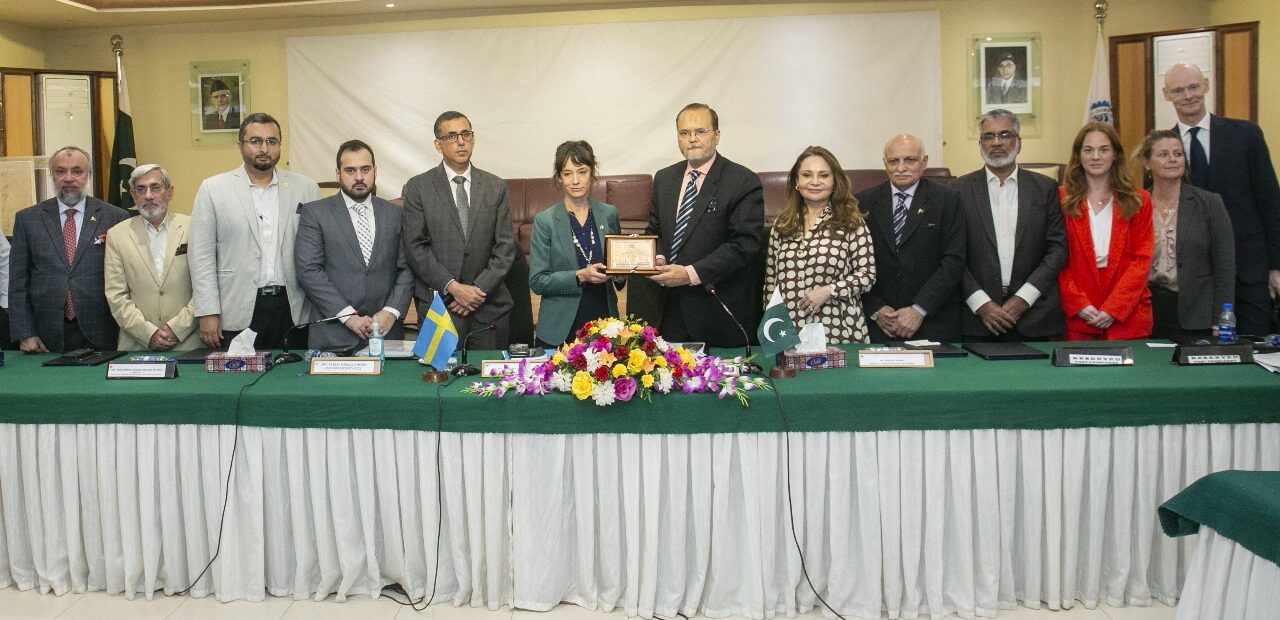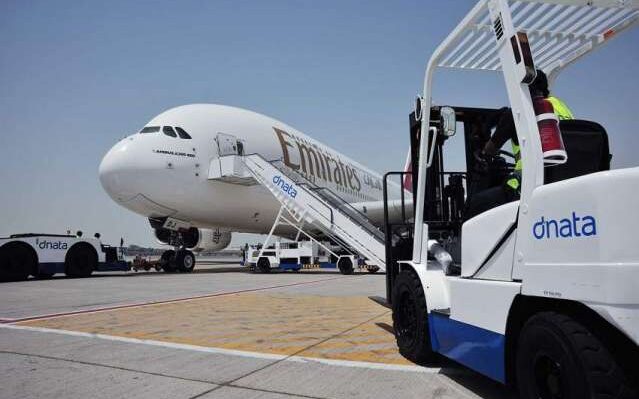KARACHI, October 24 2024: In the bustling corridors of the IMF/World Bank autumn meetings in Washington, a sense of urgency hung in the air. Finance Minister Muhammad Aurangzeb, a steadfast figure with a determined gaze, made his way through the throngs of delegates, each representing nations with their own economic trials. But Aurangzeb had a singular mission: to secure vital funding for Pakistan, a country battered by the increasing ravages of climate change.
Pakistan had already secured a $7 billion bailout, but Aurangzeb knew that this was just the beginning. With a history marked by devastating floods, extreme heatwaves, and a fragile ecosystem, Pakistan was at the forefront of climate vulnerability. The International Monetary Fund launched the Resilience and Sustainability Trust (RST) in 2022, designed specifically to assist low and middle-income countries like his, which were grappling with climate risks. Aurangzeb believed that his nation was a prime candidate for this additional $1 billion funding.
As he sat down for an interview with a Reuters journalist, he laid out his case with clarity and conviction. “We have formally requested to be considered for this facility,” he stated, emphasizing the urgency of their situation. “We aim to transition to cleaner energy and invest in adaptation strategies. We need to act swiftly.”
His voice resonated with the weight of the stakes at hand. Pakistan’s challenges were not merely financial; they were existential. The recent floods had displaced millions, while the long-term impacts of climate change threatened to undermine the progress made over the years. The need for sustainable solutions was immediate, and the RST offered a glimmer of hope.
Aurangzeb spoke passionately about the potential projects that could arise from this funding—renewable energy initiatives, infrastructure improvements to withstand natural disasters, and programs aimed at protecting vulnerable communities. “This funding isn’t just about economics; it’s about survival,” he asserted, the gravity of his words reflecting the reality faced by countless families back home.
As the days unfolded, Aurangzeb engaged with various stakeholders, from fellow finance ministers to climate activists, all while advocating for Pakistan’s inclusion in the RST. He faced skepticism but remained undeterred, backed by a team of experts who laid out detailed plans that highlighted the country’s readiness to implement effective climate strategies.
In a pivotal meeting, Aurangzeb found himself across the table from key IMF officials. With charts and data illuminating the pressing nature of Pakistan’s climate crisis, he made his case: “We are not just asking for funds; we are asking for an investment in a resilient future. Together, we can set a precedent for other nations facing similar challenges.”
The discussions were intense, filled with the back-and-forth of policy negotiation and fiscal strategy. Yet, amidst the deliberations, there was a shared understanding of the urgency at hand. As the meeting concluded, Aurangzeb felt a cautious optimism—he had conveyed Pakistan’s needs clearly, and now it was up to the decision-makers.
Days turned into weeks, and as Aurangzeb returned home, he remained hopeful. The formal request had been submitted, and he awaited a response, knowing that the stakes were higher than ever. The path ahead was fraught with challenges, but for him and the people of Pakistan, every effort was a step towards resilience.
The world watched as countries navigated the complexities of climate finance, and Aurangzeb knew that his commitment to securing the future for Pakistan was only just beginning. With determination and a clear vision, he prepared for the next chapter, ready to advocate for his nation’s right to thrive in an era marked by climate uncertainty.



























































































































































































































































































